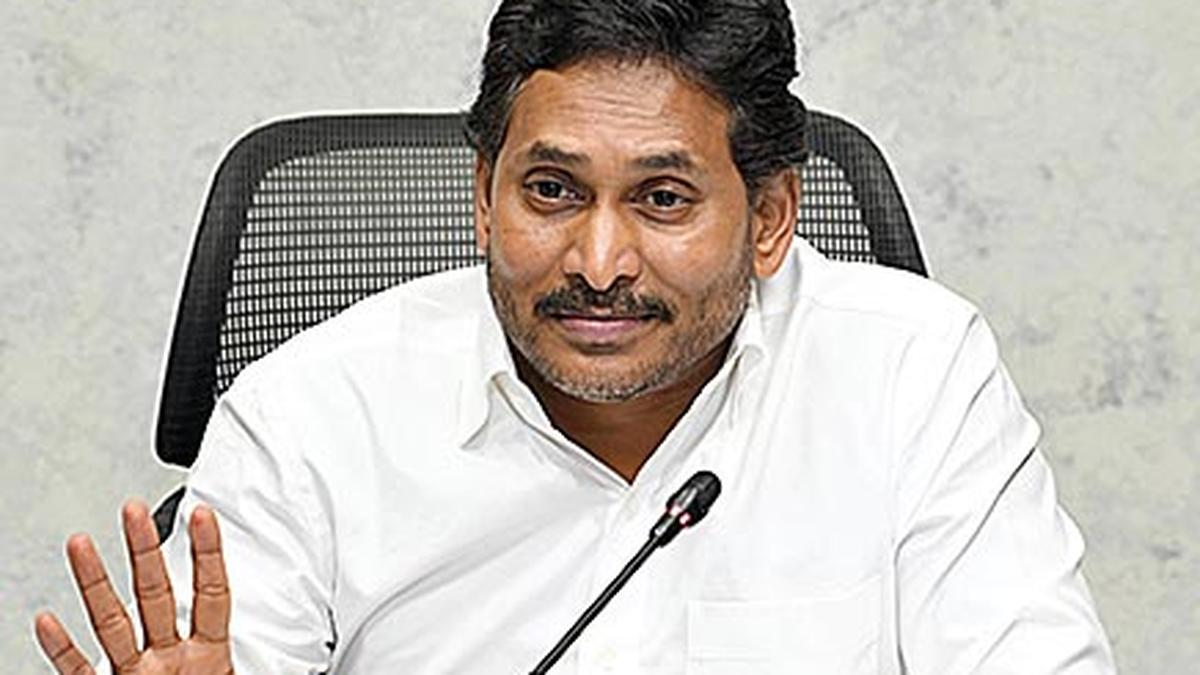Chief Justice of India BR Gavai has said that he and his colleagues in the Supreme Court have publicly pledged to not undermine the public’s trust in judicial integrity by accepting post-retirement roles or positions from the government.
Speaking at a round table in the U.K. Supreme Court, Chief Justice Gavai said a judge contesting elections for political office immediately after retirement or resignation could lead to doubts about the independence and impartiality of the judiciary, “as it may be seen as a conflict of interest or as an attempt to gain favour with the government”.

“If a judge takes up another appointment with the government immediately after retirement, or resigns from the Bench to contest elections, it raises significant ethical concerns and invites public scrutiny… The timing and nature of such post-retirement engagements could undermine the public’s trust in the judiciary’s integrity, as it could create a perception that judicial decisions were influenced by the prospect of future government appointments or political involvement,” Chief Justice Gavai said during a discussion on ‘Maintaining Judicial Legitimacy and Public Confidence’.

The Chief Justice referred to the striking down of the National Judicial Appointments Commission in 2015 as a counter-action to government’s efforts to dilute judicial independence, saying “there may be criticisms of the Collegium system, but any solution must not come at the cost of judicial independence. Judges must be free from external control”.
“Judiciary acts as a counterbalance against the arbitrary exercise of power… Certain fundamental principles, such as democracy, rule of law, and the separation of powers, are inviolable and cannot be altered,” the CJI said.

Chief Justice Gavai acknowledged the recent incidents of corruption in judiciary but said the path to handling judicial misdemeanour and re-build the path to public trust was “swift, decisive, and transparent action”.
“In India, when such instances have come to light, the Supreme Court has consistently taken immediate and appropriate measures to address the misconduct,” the CJI said even as the Parliament is expected to bring a removal motion against High Court judge, Justice Yashwant Varma.
The Chief Justice also referred to the voluntary disclosure of assets by the judges of the Supreme Court to promote greater accountability and ethical leadership, live streaming of court proceedings, real-time information on case pendency offered on the National Judicial Data Grid, translation of apex court judgments to regional languages and broader access to justice for vulnerable communities through the public interest litigation system.

“Article 32, which guarantees all citizens the fundamental right to approach the Supreme Court, has been referred to as the ‘soul’ and ‘heart’ of the Constitution,” the CJI noted.
Chief Justice Gavai highlighted the importance of courts having an independent power of judicial review while examining the constitutionality of laws. The court is currently seized of a challenge to the amendments to the waqf law.
“Courts must have the power of independent judicial review, allowing judges to assess the constitutionality of laws and government actions that conflict with the provisions of the Constitution or established constitutional principles,” the CJI said.
Published - June 05, 2025 10:39 am IST



.png)
.png)
.png)
















 1 day ago
7
1 day ago
7








 English (US) ·
English (US) ·